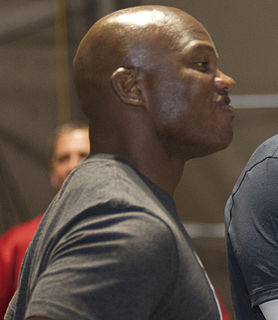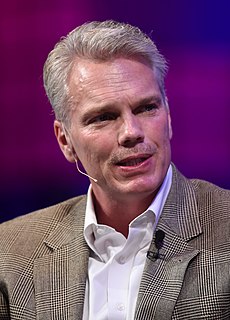A Quote by Peter Erskine
There is no point in launching technology before customers are ready to use it.
Related Quotes
Of course, technology is very important now. It's there, its available. It's there to be use however you see fit. You can use it and the jihadist can use it. In their case they have been very effective at making use of technology, particularly with websites. It's primarily through these websites that they do their recruiting. But it's not technology that makes them that way.
Often, very talented technical people find it extraordinarily difficult to take the viewpoint of customers, who are often ignorant about the technology and who may have strong and perhaps incorrect prejudices about it. The technical people may believe, deep down, that they know better what customers "should" need. Customers, of course, have a different perspective. They want products that will solve customer problems and provide other customer benefits, and will do so without undue risk or cost. Not infrequently, customers view advanced technology itself as a risk.
The good things at the U.S. health care system are that we have a well-trained labor force, particularly physicians; I don't think any nation trains doctors better. We have the latest technology, simply because we throw so much money at it. We are really technology-hungry in this country. That's a good thing. Our system more treats patients like customers, which is a good thing; that it's very customer-friendly. And it's very innovative, both in the products we use, in the techniques we use and the organizational structures we use. Those are all very good things, highly competitive.
At the beginning of almost every industry, the available products and services are so expensive to own and complicated to use that only people with a lot of money and a lot of skill have access to them. A disruptive technology is an innovation that simplifies the product and makes it so affordable that a whole new population of people can now have one and use it at the beginning for simple applications, and then it improves to the point that it makes the old technology obsolete.
You have to be willing to spend an awful lot in that R&D phase before you see the benefits. When you look at the companies that have really won customers over in technology - say, Apple and Google - you find that they spend billions of dollars on R&D each year, often spending that much on a product before they ever make a dime back in profits.
People always think of technology as something having silicon in it. But a pencil is technology. Any language is technology. Technology is a tool we use to accomplish a particular task and when one talks about appropriate technology in developing countries, appropriate may mean anything from fire to solar electricity.




































